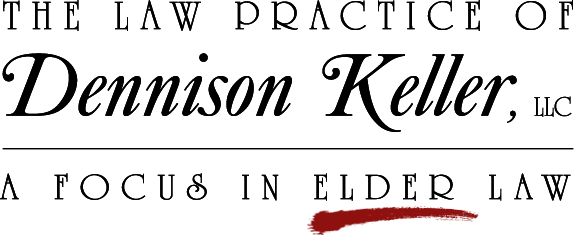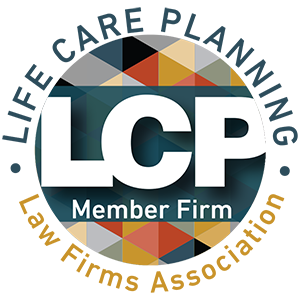Most people understand the importance of planning for their eventual passing. Far fewer take the initiative to plan for the illness and incapacity that often precedes death.
A Financial Power of Attorney and Health Care Power of Attorney/Surrogate are the two documents you need to allow your family to help you navigate the elder care continuum.
Financial Power of Attoney
A Financial Power of Attorney is a document where you name another individual to handle your money affairs. It is the single most important document you can have in your Estate Planning arsenal.
While a Will is important, if you pass away without one, your assets will flow down to your next-of-kin. No such bail-out substitute exists for lack of a Financial Power of Attorney.
If you become incapacitated, the financial institutions holding accounts in your name alone simply cannot work with your family members, even your spouse. No one will be able to cash in your assets to pay for care, write checks for you, or pay your bills. The only option at that point will be for your loved one to pursue a guardianship which is an expensive and cumbersome court process – one that will render your health condition and finances as public records.
All Financial Power of Attorney documents are not created equally. Most grant standard authorities such as the power to bank, invest money, and sell or buy real estate. While these powers are extremely important, often they are not sufficient to help a loved one whose health places them on the eldercare continuum. Frequently, enhanced powers need to be articulated in the document, such as the power to gift, change beneficiary forms, and create trusts. However, these robust authorities can be dangerous because an agent with selfish intentions can use those powers for nefarious purposes.
You should not treat a Financial Power of Attorney as a "form." It would be best to meet with an attorney who can draft a Financial Power of Attorney unique to your own specific circumstances and help you choose an agent you can trust.
Health Care Power of Attorney/Surrogate
A Health Care Power of Attorney/Surrogate is a document where you name another person to make health care decisions if you can no longer make them for yourself. Unlike a Financial Power of Attorney, A Health Care Power of Attorney only goes into effect if you have become mentally incapacitated. The document can cover end-of-life issues as well as more routine transactions, such as granting your surrogate permission to release health information to insurance providers.
It is a Health Care Surrogate's job to carry out your wishes regarding your health care. Therefore, it is important that you discuss your preferences with them ahead of time, so they know how to act on your behalf when called into service.
Let's Talk
Do yourself and your family a favor. Meet with a competent elder law attorney and tell that counselor, "I need to set up a new financial power of attorney." It could be the most important step you take to ensure your that loved ones can access and pay for the care you need.
Call us today to learn more about how we can help you create a Power of Attorney that's tailored to your specific needs. We'll make sure you have all the information you need to make the best decision for yourself and your family.
Let's Talk
Set up a consultation today.
Whether you're planning for your parents, your spouse, or even yourself, The Law Practice of Dennison Keller, LLC will meet you at the crossroads of legal and care advocacy to show you one clear path out of the maze and get you on the road toward your own peace of mind.




